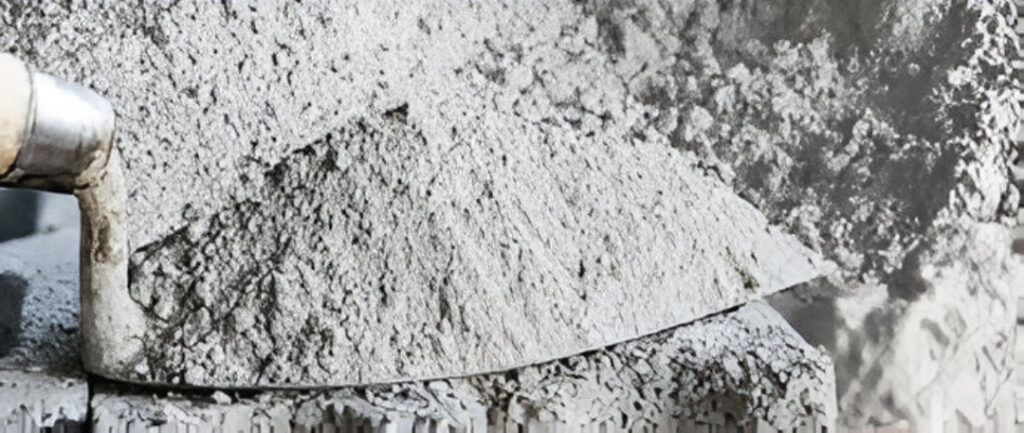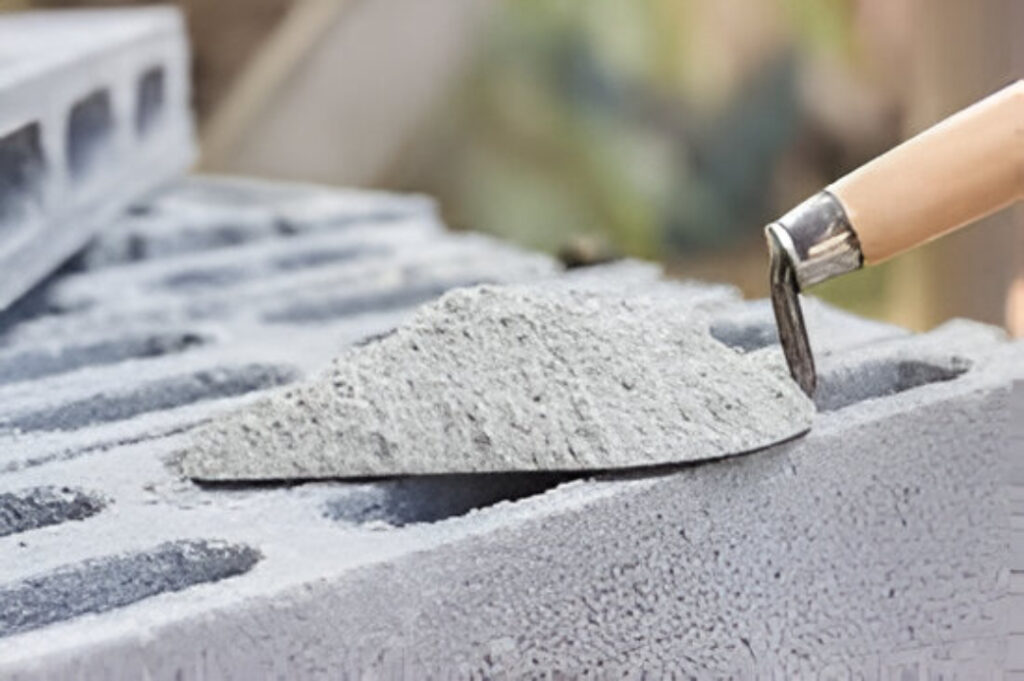Cement is the backbone of modern construction, serving as the key binding material in concrete and mortar. To ensure the strength, durability, and safety of structures, it is essential to test cement before use. Various types of cement tests—such as fineness, consistency, setting time, compressive strength, and soundness—are conducted to assess its quality and suitability for specific applications.
These tests help engineers and builders make informed decisions, prevent structural failures, and comply with industry standards. In today’s fast-evolving construction landscape, understanding cement testing is vital for achieving long-lasting and sustainable building outcomes.
Cement is the core ingredient of modern construction. From simple brick walls to massive dams and high-rise buildings, cement plays a critical role in ensuring strength, durability, and performance. But not all cement is the same. Before it is used in any project, it must undergo thorough testing to ensure it meets the required standards.
At HiTech Civil Test Lab, we conduct a variety of cement tests to verify quality, consistency, and suitability for construction. These tests help identify whether the cement being used will contribute to a safe, long-lasting structure.
In this article, we will explore the key types of cement tests and why they are essential in today’s fast-paced construction environment.
Why Cement Testing is Important?
Cement is the binding material in concrete and mortar. If the cement is of poor quality or has deteriorated due to improper storage, it can compromise the entire structure. Regular cement testing ensures:
- Structural integrity and safety
- Compliance with IS codes and industry standards
- Long-term durability and performance
- Prevention of cracks, shrinkage, or early failure
- Cost-efficiency by reducing repairs and rework
Whether you are constructing a residential home or a large infrastructure project, accurate cement testing is a critical step in the quality assurance process.

Common Cement Tests Conducted in Laboratories
At HiTech Civil Test Lab, we perform the following standard tests to assess the quality of cement:
1. Fineness Test of Cement
This test determines how fine the cement particles are. Finer cement offers better surface area for hydration, leading to faster setting and higher strength. The test is conducted using either a sieve analysis method or an air permeability method.
Relevance: Affects rate of hydration, workability, and strength development in concrete.
2. Consistency Test
This test measures the amount of water required to make a cement paste of standard consistency. A Vicat apparatus is used to determine this.
Relevance: Helps in deciding the correct water-cement ratio for mixes, which directly impacts strength and setting time.
3. Setting Time Test (Initial and Final)
Cement must neither set too quickly nor too slowly. This test determines the time it takes for cement paste to start setting (initial setting time) and the time to complete hardening (final setting time).
Relevance: Ensures the cement allows enough time for mixing, transporting, placing, and finishing without setting prematurely.
4. Soundness Test
Soundness refers to the ability of cement to retain its volume after setting. This test detects the presence of excess lime or magnesia, which can cause expansion and cracks. The Le Chatelier apparatus is commonly used for this test.
Relevance: Prevents delayed expansion, cracking, or disintegration of hardened concrete.

5. Compressive Strength Test
One of the most important tests, it checks the load-bearing capacity of cement mortar cubes after curing for 3, 7, and 28 days. This test confirms whether the cement meets the strength requirements of the project.
Relevance: Assures the structural load capacity and helps in selecting suitable cement grades for different applications.
6. Heat of Hydration Test
This test measures the amount of heat generated when cement reacts with water. High heat can cause thermal cracking, especially in mass concreting works like dams.
Relevance: Important for large-scale concrete pours where temperature control is critical.
7. Specific Gravity Test
This test helps determine the density of cement. Specific gravity values indicate whether the cement is fresh and properly manufactured.
Relevance: Useful in mix design calculations and quality checks during cement storage.
Modern Relevance of Cement Testing in Construction
In today’s construction landscape, the pressure to deliver projects quickly without compromising quality is higher than ever. Here’s why cement testing is even more critical now:
- Fast-Paced Projects: Builders are working on tighter deadlines. Using reliable, tested cement ensures that strength and durability are not compromised in the rush to finish on time.
- Innovative Structures: With the rise of smart cities, skyscrapers, and eco-friendly buildings, the performance demands on construction materials have increased. High-strength, fast-setting, or special-purpose cements must be tested to match project needs.
- Sustainability Focus: Cement quality impacts the environmental footprint of a project. Poor-quality cement increases waste, rework, and carbon emissions. Testing helps maintain sustainable construction practices.
- Regulatory Compliance: Government agencies and municipal authorities require certified testing reports for quality approval. Cement testing ensures compliance with IS, ASTM, and other international standards.
Why Choose HiTech Civil Test Lab for Cement Testing?
HiTech Civil Test Lab is a trusted name in material testing across Indore and the surrounding regions. We offer:
- NABL Accredited Facilities
- Skilled Technicians and Civil Engineers
- Advanced Testing Instruments
- Quick Turnaround Time
- Detailed, Transparent Test Reports
- Site Sampling and Pick-Up Services
Whether you are a builder, contractor, architect, or real estate developer, our cement testing services help you deliver projects with confidence.
Cement testing is not an optional quality check — it is a vital part of responsible and reliable construction. Each test plays a role in ensuring that the material you use will stand the test of time, weather, and load.
At HiTech Civil Test Lab, we are committed to supporting modern construction with accurate, timely, and standard-compliant cement testing. Before your next project begins, let us help you verify the strength behind your structure — because quality construction begins with quality materials.
Contact HiTech Civil Test Lab today for expert cement testing solutions tailored to your project needs.
